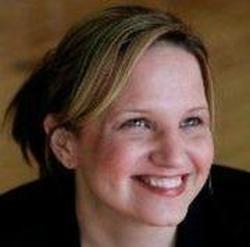Johanna K. P. Greeson
Foster Youth and the Transition to Adulthood : The Theoretical and Conceptual Basis for Natural Mentoring
|
Abstract
The transition from adolescence to adulthood is considered a significant developmental stage in a young person’s growth. Most youth receive family support to help them weather the difficulties associated with this stage. When foster youth age out of the child welfare system, they confront the challenges associated with this developmental stage and are at risk of having to transition without family support. This article applies the life course perspective to describe the theoretical and contextual foundation that explains the hardships foster youth experience when they emancipate from the U.S. child welfare system. Next, the theoretical basis for natural mentoring among foster youth is explored using the resiliency perspective to frame the discussion. Then, current research on natural mentoring among foster youth is reviewed. The article concludes with implications for U.S. child welfare practice, policy, and research with respect to how to improve outcomes for youth who age out of foster care through the cultivation of natural mentoring relationships.
|

Biographies:
Dr. Johanna K.P. Greeson is passionate about reforming the child welfare system, using research to build better futures for youth who age out of foster care, and realizing the power of connections to caring adults for all vulnerable youth. Her research agenda is resiliency-focused and based in the strengths and virtues that enable foster youth to not only survive, but thrive. Dr. Greeson’s published work includes scholarly articles on youth aging out of foster care, independent living, natural mentoring, evidence-based practices for youth in foster care, residential group care, intensive in-home therapy, low-income home-ownership, and child/adolescent traumatic stress. Dr. Greeson is currently piloting an innovative natural mentoring intervention for older youth in foster care in partnership with Philadelphia Department of Human Services. This project was funded by the Children's Bureau. | ||||||